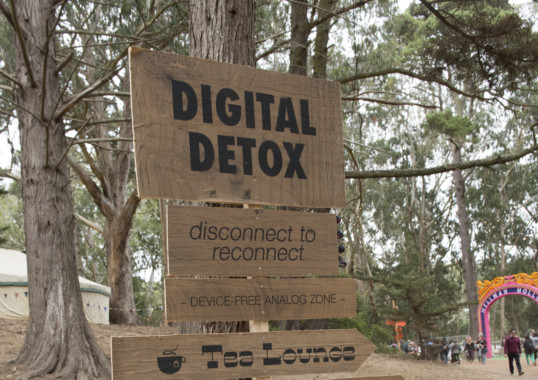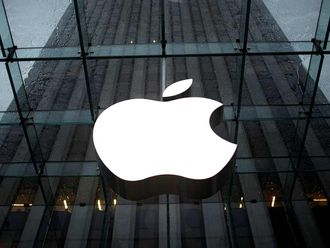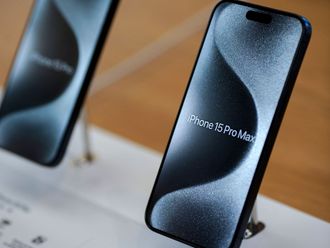
Every few weeks, a group of people — typically a dozen or so professionals, from Silicon Valley and Wall Street, academia and Hollywood — pay for the privilege of ditching their smartphones, laptops and tablets and spending a few days at a lodge in the California Redwoods for a Digital Detox.
Deprived of their screens, they hike, swim and do yoga in an effort to reestablish some balance in lives that have tilted toward browsing, texting and tweeting. Such getaways are increasingly common. Whether the organiser calls it a digital diet, disconnecting, detoxing, unplugging or going off the grid, it’s part of a growing movement to help highly plugged-in Americans step away from technology and digital media.
Some hotels have experimented with packages for visitors who want to go tech-free. Check in to check out at the Lake Placid Lodge in the Adirondacks requires guests to leave their electronics at the front desk and replace them with activities such as cooking classes, fishing and reading a book. Marriott and Renaissance hotels in the Caribbean and Mexico set up tech-free areas called Braincation Zones, where guests are encouraged to talk, read and play games.
For the past four years, an organisation called Reboot has organised a National Day of Unplugging. For 24 hours beginning at sundown on the first Friday of March, participants pledge to take a complete break from the internet.
There are even apps you can download to unplug. One such app, called Freedom, blocks access to internet for up to eight hours. Another, called SelfControl, lets you block out specific websites for 24 hours at a time.
Steve Lambert, founder of SelfControl, says the real value of his app is that it makes users aware of their behaviour — getting blocked every time they try to go to Facebook, for example, shows them how often they do it.
Similarly, Levi Felix, founder, Digital Detox, says the purpose of his tech-free retreats is not to wean people from technology, but rather to help them become “mindful” of their usage.
“The expectation that you are always reachable has created a society of people who are on edge and overwhelmed,” says Tanya Schevitz, a spokeswoman for the National Day of Unplugging.
“You see couples at dinner both texting or scrolling through Facebook. That gets old,” she said. And as the pull of technology puts a strain on personal relationships, she said, “people want to stop living through Facebook and Twitter and reconnect.”











